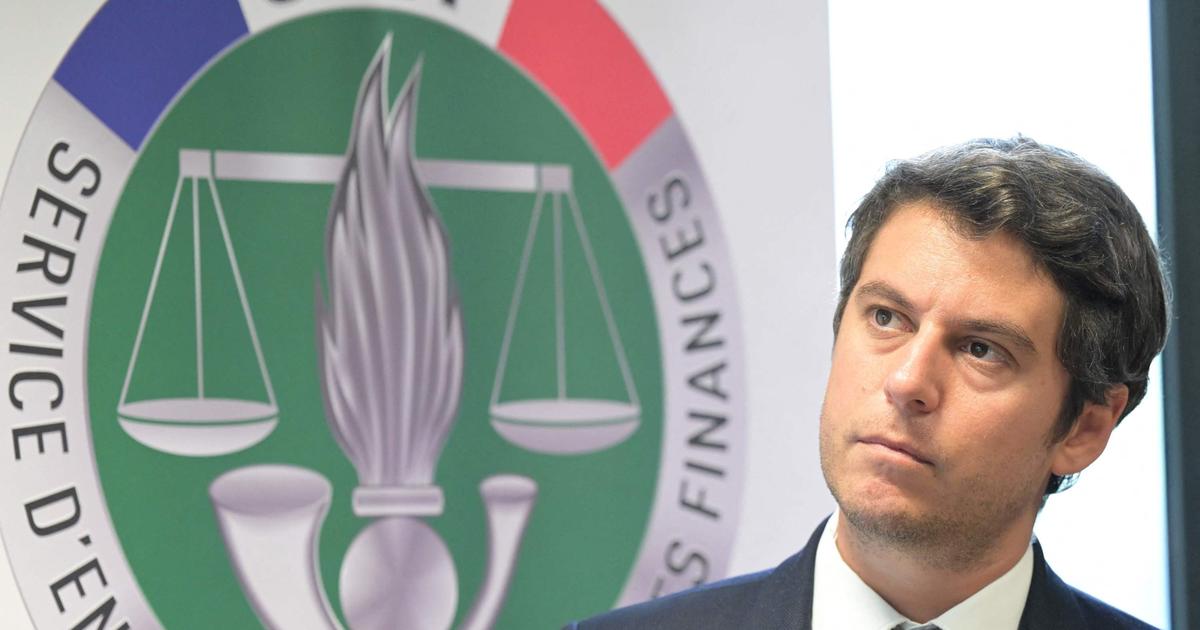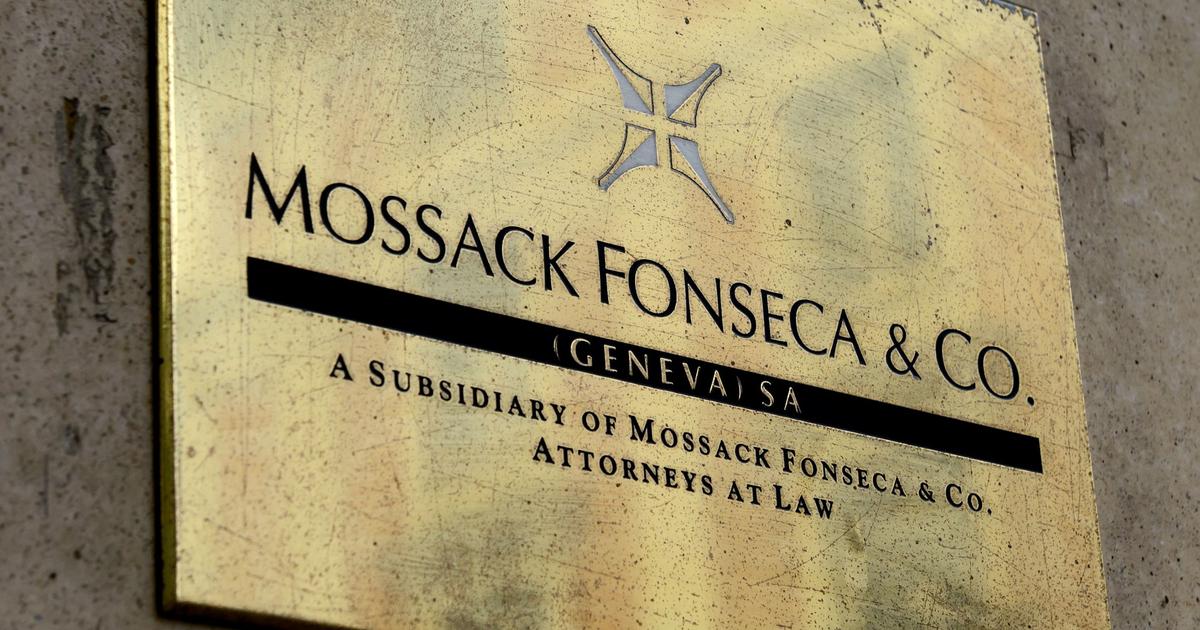The French government is not alone in its crusade against tax evasion. While the Minister Delegate for Public Accounts presented on Tuesday his plan to stem this phenomenon, our neighbors in Europe or elsewhere have also strengthened their arsenal in recent years. Because if regulatory projects are multiplying on an international scale, States remain on the front line to hunt down free-riders.
From the United States to Finland, Le Figaro takes stock of the most significant initiatives in the fight against tax fraud.
United States: whistleblowers, datamining... The U.S. Arsenal Against Tax Crime
It is no coincidence that Gabriel Attal went to the United States for several days last February to discuss taxation. In many ways, the United States is a leader in the fight against global tax evasion. The Minister of Public Accounts would have focused in particular on the functioning of the American tax services (IRS), which use intelligence methods to track down major fraudsters. A point that the Hexagon will imitate, according to the plan presented on Tuesday by the minister delegate.
Washington has built up a muscular arsenal against tax evasion and evasion. Regarding individuals, the United States can count on the FBAR (Report of Foreign Bank and Financial Accounts), introduced in 2011. This implies that any "U.S. Person" with an account with a total positive balance of more than $10,000 during the year outside the United States must report it to the Treasury Department before a deadline, or face penalties of up to 50% of the assets. Under President Barack Obama, in 2010, the United States also implemented FATCA (Foreign Account Tax Compliance Act), legislation requiring all banks or financial institutions to report to the IRS the movements of their American customers or US residents, as soon as the account exceeds $ 50,000.
But the U.S. doesn't stop there. Since 2011, financial crime rules have allowed informants, wherever they are, to receive between 10 and 30 percent of the fine imposed on a offending company when the penalty exceeds one million dollars. The France was quick to draw inspiration from it: the "tax advisor" was introduced in 2017 as an experiment for any tax evaded, as soon as the fraud exceeds 100,000 euros. The sums earned by French tax advisors are, however, less important than those of American whistleblowers: in France, the compensation paid which is not strictly proportional to the tax evaded, nor lump sum. It is the Director General of Public Finance who determines the remuneration that will be allocated to the whistleblower.
The United States has also inspired the practice of "data mining" in tax matters at France. This is the possibility for the tax administration to suck up data published by citizens on the internet - especially on social networks - to detect fraudsters. But where the U.S. eventually backtracked after a few years of experimentation, the France adopted the practice, ignoring controversies.
Italy: the sawtooth fight against cash payment
Italy has long been a champion of tax evasion in Europe. This would be at the origin of an annual loss of 100 billion euros for the coffers of the Italian state, according to the Bank of Italy. As part of the European recovery plan, Rome had committed to Europe to hunt down tax fraud by limiting cash payments and introducing an obligation to pay electronically.
According to the latest score of 2019, Italians pay 82% of their transactions in cash, compared to 73% for the European average, which facilitates the existence of a massive underground economy. Anxious to change this trend, Mario Draghi's government had forced merchants to accept electronic payments for amounts below 60 euros, under penalty of a fine of 30 euros, to which were added 4% of the price of the transaction.
In a more original way, the country has gone so far as to organize a lottery of receipts, or to offer the refund of part of the purchases made in store by credit card in 2020. Efforts partly unraveled by the current President of the Council Giorgia Meloni: to thank her voters traders, she recently recorded the increase of the ceiling for cash payments from 1000 to 5000 euros, despite the reservations of the European Commission.
Germany: an anonymous online tax whistleblower platform
In Germany, too, everyday transactions are in the sights of the tax police. Contrary to the France that is preparing to put an end to receipts, Germany has made it mandatory, on 1 January 2020, to issue receipts for any purchase made at a merchant. Before this date, there was no obligation for merchants to print a receipt, except at the request of the customer. The measure, which has caused a lot of ink to flow across the Rhine, was presented as an effective weapon against tax fraud, since, according to the German Court of Auditors, 10 billion euros escaped the tax authorities each year because of manipulation of cash registers in restaurants and small shops.
Another tool to combat tax evasion has recently come under fire from our German neighbours. It is an anonymous online whistleblowing platform, intended to track down tax evaders. This "secure and anonymous communication channel", in the words of the German Ministry of Finance, was set up in 2021 in the state of Baden-Württemberg. Although no study has yet made it possible to evaluate the effectiveness of the system, the ecologist party wanted to extend it to the whole country. However, this regional initiative is causing a stir in a country where denunciation echoes a dark past.
Finland: tax revenues of all citizens unveiled in the public square
Because it involves lifting the veil on hidden financing or dubious lifestyles, the fight against tax fraud does not always go hand in hand with respect for privacy. As such, a Finnish tradition is surprising: every 1 November, the tax administration makes public the tax revenues of all Finns. A way to point the finger at fraudsters, or those who relocate to avoid taxes.
If nothing like this exists in France, the principle of "name and shame" is also spreading in France. Since 2019, the French tax administration has been authorized, after obtaining the assent of the tax offences commission, to make public the conviction decisions pronounced against companies for tax fraud.









